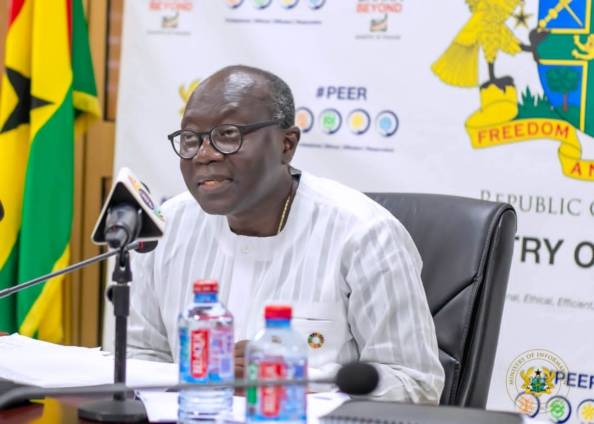Dr. Kwame Asah-Asante, a lecturer in political science at the University of Ghana, has warned the government's New Patriotic Party against upsetting the middle class with its domestic debt swap scheme.
He contends that the middle class in Ghana is principally responsible for the country's economy and electoral processes, and that administrations that annoy them frequently experience difficulties.
He added that since the middle class is in a good position to comprehend important issues and communicate them to the general public, attacking them might result in a far more significant backlash against the government.
The refusal of the government to engage in conversation and win over the middle class will be their downfall in the 2024 elections, according to Dr. Asah-Asante, who was speaking on JoyNews' PM Express about the political cost of the domestic debt swap scheme.
Let's think back to the 1970s—the Acheampong era, for that matter—when you can see that the middle class was the group who really battled the state. The Ghana Bar Association, for example, and other organizations fought the government.
"So when you are in government and you have any policies that tend to irritate the middle class, you're likely to be met head-on by this group of people who can communicate clearly what the concerns are to the middle class,".
"These are folks who have a lot of dependents, but they are also the ones who can tackle the government head-on. Because of this, controlling them as well as the individuals who depend on them can be challenging when you have an issue with them.
"And keep in mind that every vote counts in politics, just as hundreds of votes, because one vote may elevate someone from a contender to the position of president or member of parliament. Because of this, I believed the DDE wouldn't choose this course, yet here we are," he stated.
He pointed out that the Akufo-Addo administration's top-down strategy, which has notably marked its second term, According to him, the debt exchange programme can come to a standstill if common ground cannot be found in the continuing discussions.
"One thing gave rise to this. The problem of conversation has been left out of the government's policy overall, notably during its second term. I'm sorry to say that, but they act as if they're operating their own little business.
It's a public company, so you always need a back-and-forth, vis-à-vis attitude. You talk to people and you find common ground on some of the topics, but that's not what we're seeing, he claimed.




No comments yet
Be the first to share your thoughts!